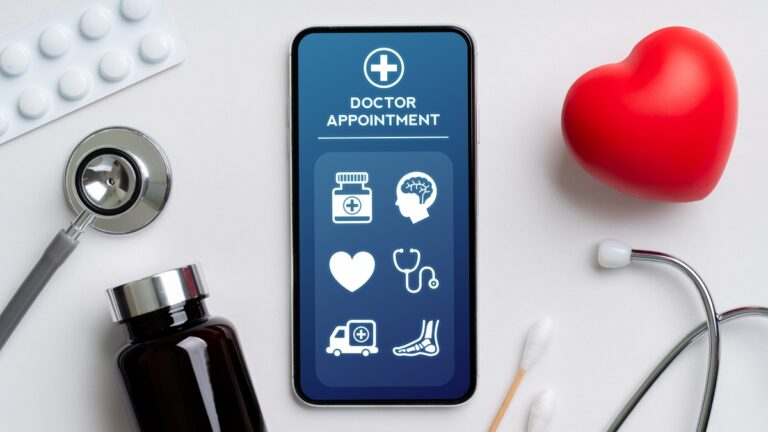Half of this comes from the European Commission’s Horizon 2020 programme and will fund the participation in the projects of universities, small and medium-sized companies, patient groups etc. The other half comes from large pharmaceutical companies and IMI Associated Partners, who do not receive EU funding through IMI but finance their own participation in the projects.
Open access tools for the genetics of disease
Many diseases have a genetic component, yet we lack the tools to study many of the genes behind diseases. This topic aims to develop a set of open access tools to facilitate the study around 1 000 of the 3 000 genes thought to be implicated in disease and that could be targeted by drugs. The results of the project will be made fully available to the scientific community by open access.
Optimising future obesity treatment
Obesity affects some 650 million people globally, placing them at greater risk of complications such as heart disease, diabetes and cancer to name a few. This topic aims to better understand obesity as a disease by identifying subgroups of people with obesity that will ultimately pave the way for better, more personalised prevention and lifestyle interventions, as well as treatments for obesity and its complications. The project will also focus on diabetes (both types 1 and 2) as examples of conditions that are influenced by obesity in a complex way.
If we want to enjoy the benefits of the genomic revolution, we have to develop tools to study in detail the genes that influence health
Environmental impacts of medicines
Active ingredients from medicines can get into the environment through a variety of routes, and once there they can prove harmful to wildlife and ecosystems. In the EU, new medicines are required to undergo an environmental risk assessment (ERA). This topic will help to reduce the impact of medicines on the environment in three ways. Firstly, it will deliver tools to identify environmental risks associated with medicines under development. Secondly, it will prioritise which existing medicines (introduced before the ERA) should go through a tailored environmental assessment. Finally, it will create a publicly-available database to make environmental data on human medicinal products more transparent to all stakeholders.
Pierre Meulien, IMI Executive Director commented: ‘If we want to enjoy the benefits of the genomic revolution, we have to develop tools to study in detail the genes that influence our health. By taking an open access approach, the new topic launched as part of today’s Call for proposals will maximise the impacts of its results by making it possible for researchers worldwide to access and use them in their own work.
For more information on IMI2 – Call 17, including the full Call text and details of how to apply, visit the Call web page.




































